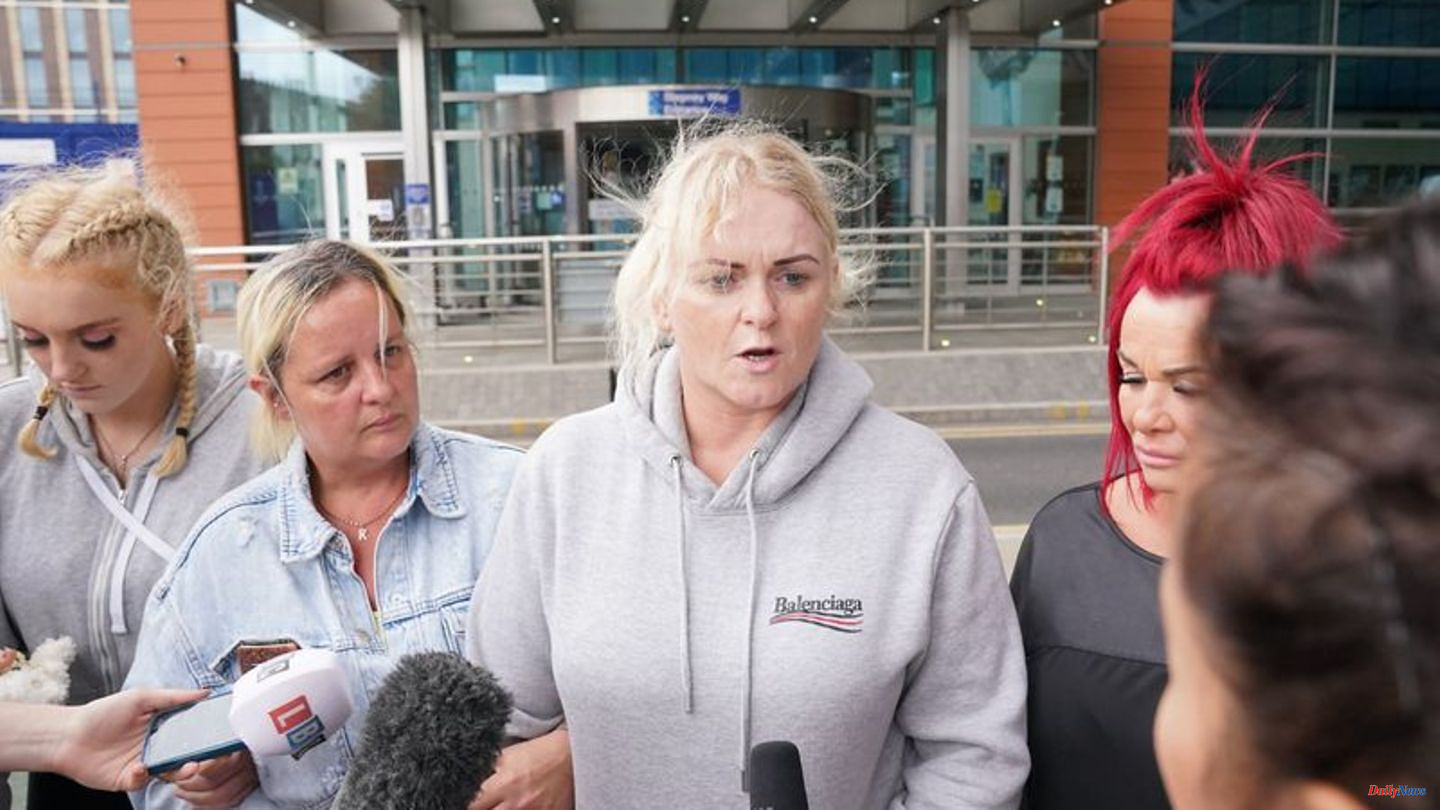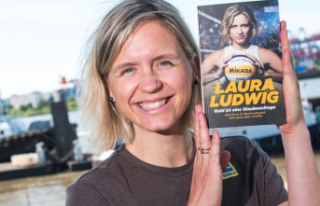Shortly before the planned end of life support in the case of the terminally ill Archie in England, the family's lawyers want to turn on the European Court of Human Rights. An application will be submitted by 9 a.m. (local time) on Wednesday to prevent the devices from being switched off, Archie's mother said, according to the English PA news agency. Once again you don't have much time.
The shutdown of life-sustaining measures was actually imminent. The PA news agency, citing the family of the 12-year-old, said the equipment currently keeping the boy alive at an east London hospital was due to be switched off at 11am local time (12pm BST) today. It is still unclear whether the family's lawyers have any chance of success with their application.
Up to the Supreme Court
Archie's parents had previously failed in all court instances in the fight for their son's life. The Supreme Court - the highest British court - on Tuesday rejected an application with which the parents wanted to obtain the continuation of life support measures.
Archie suffered serious brain injuries in a domestic accident in April - possibly during an internet dare. The 12-year-old has been in a coma ever since. The British courts ruled that the doctors could let the boy die. This was in his best interest, it said in justification.
Earlier this week, Archie's family had contacted a UN Committee on the Rights of Persons with Disabilities - which then called for action to continue until the application was reviewed. The Supreme Court justices, however, followed the Court of Appeals' previous decision, saying that since there was no prospect of true recovery, life support would only "prolong dying." One does not make this decision lightly and expresses "deep sympathy" to Archie's parents.
The case is reminiscent of similar disputes over terminally ill children in Great Britain. The financially squeezed British health service tends to withdraw life support much sooner than would be the case in Germany. In addition, the wishes of parents and relatives are not taken into account to the same extent. What is in the best interests of the patient is often decided by judges on the recommendation of medical professionals.












